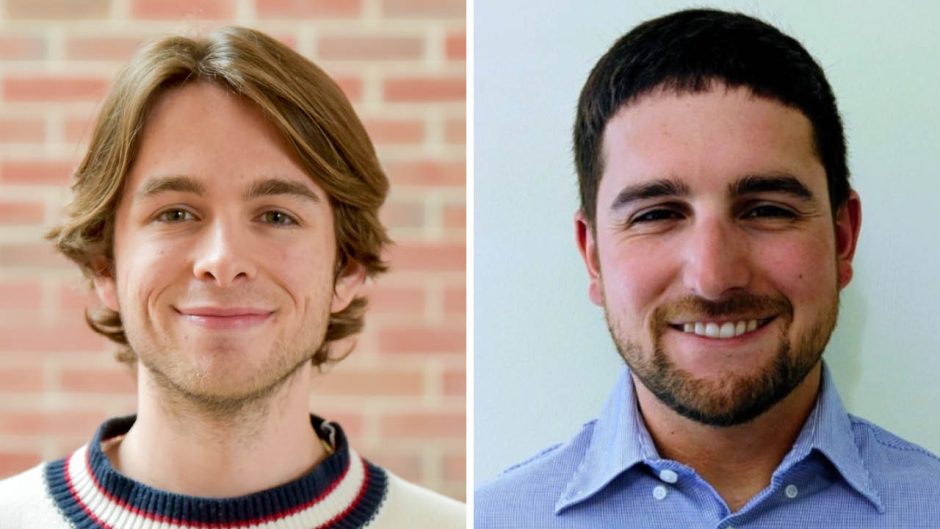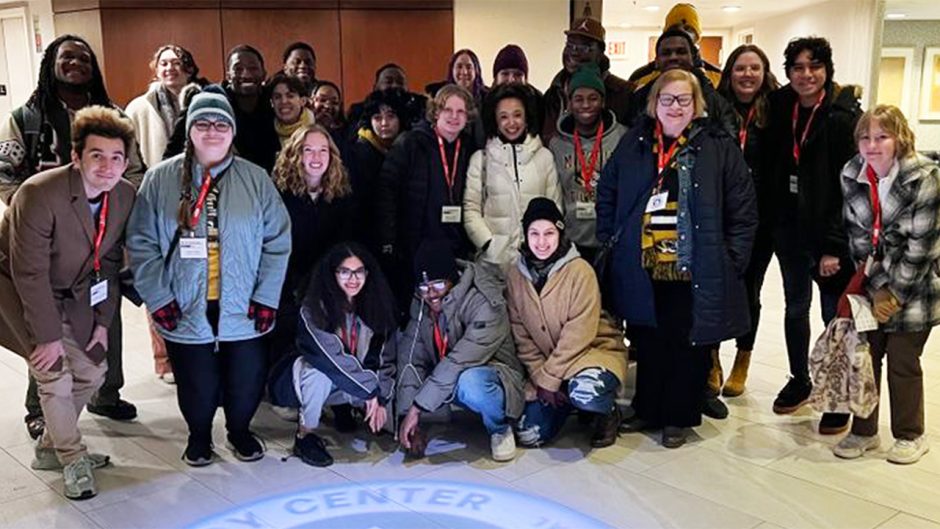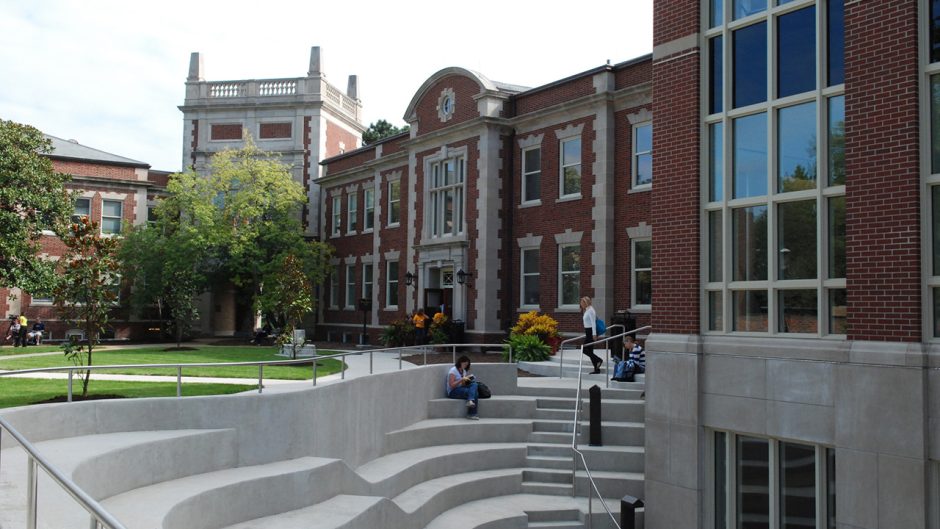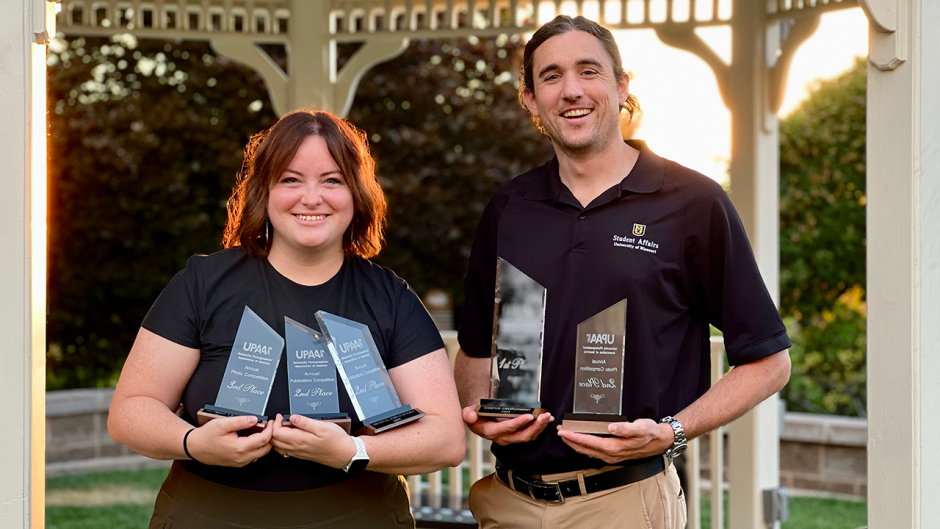May 12, 2022
The George Washington Carver Fellowship for Graduate Studies helps support underrepresented scholars in MS and PhD degree programs in the College of Agriculture, Food and Natural Resources (CAFNR) at the University of Missouri.
Kendra Esparza-Harris
Kendra Esparza-Harris received a bachelor’s in large animal science and certificate in global studies from North Carolina Agriculture and Technical State University. She continued her education, obtaining a master’s in applied reproductive physiology at the University of Illinois Urbana-Champaign.
Her education led her to pursue an internship at the St. Louis Zoo in its reproduction department.
“When I was at my internship, I found MU and the Center for Agroforestry,” Esparza-Harris said. “I was interested in interdisciplinary research in agriculture-wildlife interactions and the Center for Agroforestry’s program and focus on silvopasture, felt like it would provide me with the integration of both agroforestry and agricultural practices.”
Since starting her studies at MU, Esparza-Harris is working to develop and execute three research projects for her dissertation. The first project is a woodland silvopasture survey, which will look at practices, perceptions and barriers to adoption of woodland silvopasture among livestock producers and forested landowners in Missouri.
After Esparza-Harris is finished with her PhD, her goal is to pursue an interdisciplinary career in agricultural and land-use systems.
Chantelle Wimms
After receiving her undergraduate degree in biology from Truman State University, Chantelle Wimms decided to pursue a master’s in fisheries and wildlife at the University of Missouri. Her research is focused on the survivalship of small mammals in restored and remnant prairies.
Wimms was accepted into a program called Missouri Louis Stokes Alliance for Minority Participation (MoLSAMP), which allows participants to live on campus at MU and conduct research for nine weeks. Wimms’ summer consisted of conducting field research with Samniqueka Halsey, assistant professor in the School of Natural Resources.
“When I started with Dr. Halsey, it lit a fire under me. We understood each other so well and her also being a black woman in ecology — she understood some of the issues I was having and the fear of going to graduate school.”
In the future, Wimms would like to do wildlife outreach to help educate the next generation. “Black people have been so excluded from STEM and even myself being in STEM I always ask myself: Do I really fit in or belong?” She added, “We have to start familiarizing young kids with science and opportunities in science. I remember as a kid we would have a nutritionist come in and talk to us about healthy foods and diets. But what about bringing in people, especially minority people, into schools to talk about wildlife, environmental science, etc.”
Read more from the College of Agriculture Food & Natural Resources




